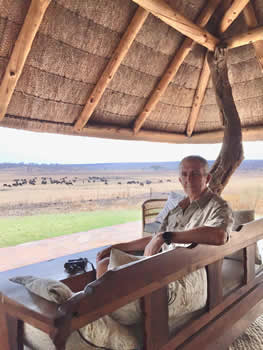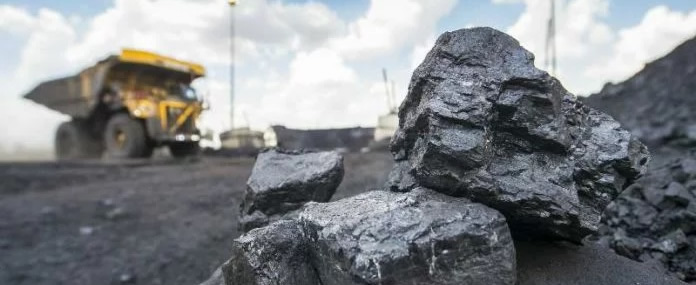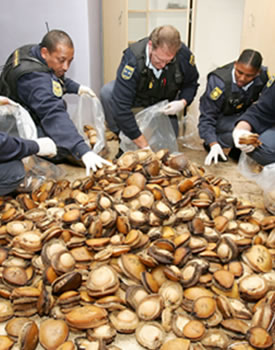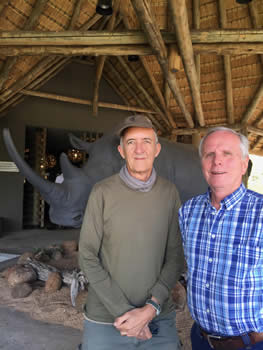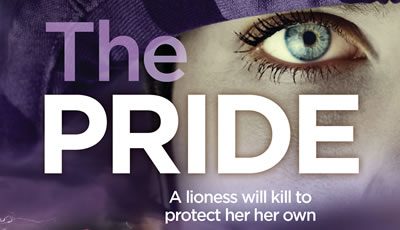

Features Africa Scene: Tony Park
A Character Favorite Returns
Australian author Tony Park has penned 20 bestselling thrillers set in Africa. A “once-in-a-lifetime” safari holiday to southern Africa in 1995 turned out to be the inspiration he needed to quit his job in public relations and become a full-time writer. Now Park and his wife, Nicola, split their time between Sydney and South Africa.
Australia’s Canberra Weekly describes Park as “Australia’s premier adventure writer,” and The Times of London has called him Wilbur Smith’s spiritual heir. His books look at the often bloody fight to save endangered wildlife and also draw on Park’s 34 years of experience in the Australian Army Reserve, which included a tour of duty in Afghanistan.
In THE PRIDE, Park returns to one of his favorite characters—kick-ass former mercenary Sonja Kurtz. This time, she is with her daughter Emma on holiday in Cape Town. Emma is manhandled by an abalone poacher at a beach, and that’s enough for Sonja to take on the abalone poachers, the Cape Flats gangs who own them, and the Chinese triads who are their insatiable customers. The action ramps up from the first page to the very last one.
Park talks more about his page-turning new release and more in this exclusive interview with The Big Thrill.
THE PRIDE is once more based on the greed and ruthless behavior of wildlife poachers and smugglers. This time abalone plays a major role. How did you develop this backstory?
The more I write about the illegal trade in wildlife—and I’m sure you and your co-writer Stanley have also encountered this—the more I realize that greed and the exploitation of the environment know almost no bounds. Over the years, I’ve heard several readers, including one in the US who is something of an expert on marine poaching, suggest that I write something about the illegal trade in abalone.
I looked into it and soon learned that this is a multi-national, multi-million-dollar industry, controlled by Chinese triads and the infamous “numbers” gangs of Cape Town. The triads pay for abalone, a shellfish highly prized in restaurants in Asia, especially Hong Kong, by supplying the gangs in South Africa with the raw materials needed to make methamphetamine.
Who better, I thought, to bust up a multinational drug and smuggling operation than my fearless heroine, Ms Sonja Kurtz, former mercenary?
The book takes place all over southern Africa—South Africa, Zimbabwe, Botswana, Mozambique. I know you had to write it from your home in Australia because of the COVID-19 pandemic restricting travel. How did you deal with the research, and how did you feel about writing a book that way?
I think a lot of THE PRIDE was about vicarious travel. Sonja’s journey in the book follows a path I know well, from South Africa to Zimbabwe via Botswana, and it was almost therapeutic for me to describe those locations, and the Mozambique coastline, while stuck in Australia.
I was able to escape Australia’s tough lockdowns (I needed government approval!) in late 2021 and was able to head pretty much straight to Cape Town, where I acquainted myself with the area where the book starts, on Silver Sands beach. I hadn’t been there before, so I wrote the description part of the first chapter not long before the book’s final edit.
This novel is a Sonja Kurtz book. It’s a tense thriller that forces you to turn the pages as fast as you can read them, but I also thought she was more introspective in this novel—looking back on her life and family as much as forward. Would you agree?
For sure. I think some of the challenges and opportunities of writing a series based around a single character is the need for the hero or heroine to think or do something new in each episode. Sonja’s growing older, as am I, and as things slow down a little (though both Sonja and I are very busy these days!), there’s more time to reflect on life, as opposed to trying to cram in endless new experiences or fulfil your goals. In THE PRIDE, Sonja’s coming to that often-said realization that when you die you’ll never wish you’d spent more time at work and less time with your family. She’s also at a point where she’s trying to atone for some of the mistakes she’s made in life.
Sonja’s family plays a big role in THE PRIDE. I guess they are the pride. Emma, her daughter, is the spark that sets Sonja on fire against the abalone gangs. At first Emma seems naïve, an easy victim, but she changes dramatically during the book. Did you plan that she’d take that journey, or did it develop during the story? And is Emma a potential new series character?
I don’t plot my books at all, so Emma’s development happened organically. Having said that, I have had quite a few readers tell me via social media that they’d like to see more of Emma. I’m sure many of them see her as a successor to Sonja, and that was probably at the back of my mind. On one hand, Emma disapproves of her mother’s warlike line of work, but this apple does not fall far from the tree! In THE PRIDE, Emma really has to step up.
I’ve never written any short stories, but I could see Emma possibly taking center stage in a future novella or two maybe.
Sounds good to me!
China has been accused of being a new colonial power in Africa, using money and development in exchange for resources and influence. In THE PRIDE, there is Chinese gang involvement in coal exploration in a national park, abalone smuggling, and drugs and illegal arms trafficking. Is Chinese influence an increasing problem in the developing world?
I don’t want to malign a particular country or people, but the fact is China is exactly that, a new colonial power, with all the good and bad that brings. The mining references in THE PRIDE—that of an open cut coal mine being established astride one of the main entry roads to Zimbabwe’s flagship national park, in a wildlife area, and covert drilling for coal inside the park are, sadly, based 100 per cent on real life. China is using trade and development to further its own political and economic aspirations—there’s no doubt about that. The problem comes when the colonizer seems to pay scant regard to international norms when it comes to environmental protection.
Last year you coauthored a nonfiction book, Rhino War, with Johan Jooste. It may be nonfiction, but it’s a thriller in its own right. Would you tell us how that came about?
I had a true fan-boy moment when a mutual friend, Ray Dearlove, an environmentalist and author of A Crash of Rhinos, contacted me in Australia and told me retired South African General Johan Jooste wanted to talk to me.
Like many in South Africa ,I’d watched with extreme interest back in 2012 when the government made the hugely controversial decision to put a white veteran of the country’s apartheid era wars in charge of the fight to stop rhino poaching in the Kruger National Park.
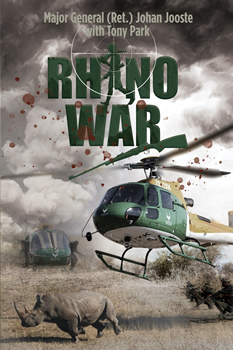 It turned out that Johan had read my novels and wanted to offer me his services to help me with research for future books, but as we got chatting, the two of us came around to the idea that he should be writing a book.
It turned out that Johan had read my novels and wanted to offer me his services to help me with research for future books, but as we got chatting, the two of us came around to the idea that he should be writing a book.
Rhino War tells how the retired general was given the mission to “para-militarize” Kruger’s corps of 400 under-trained, demoralized and under-equipped park rangers. Over the three years that he spent in the park, Johan was able to turn these men and women into the most effective anti-poaching unit in Africa and turn the tide against rhino poaching.
You’re right—the story is so gripping, action-packed, and full of intrigue that it could be a thriller. I think it would make a great movie with Clint Eastwood starring and directing!
I’m sure you are already hard at work on your next thriller. Sonja? Emma? Something completely different?
Different, yet familiar. I’m just doing the final edits on my 21st African thriller, which I can reveal here will be titled Vendetta. It sees the return of another of my regular characters, plucky police captain Sannie van Rensburg, who has to unravel a mystery dating back to South Africa’s Cold-War-Era conflict in Angola.
- The Big Thrill Recommends: RUN by Matthew Becker - October 14, 2024
- The Big Thrill Recommends THE LOST LIBRARY by Melissa Koslin - October 10, 2024
- The Big Thrill Recommends: NONE LEFT TO TELL by Noelle W. Ihli - October 10, 2024


